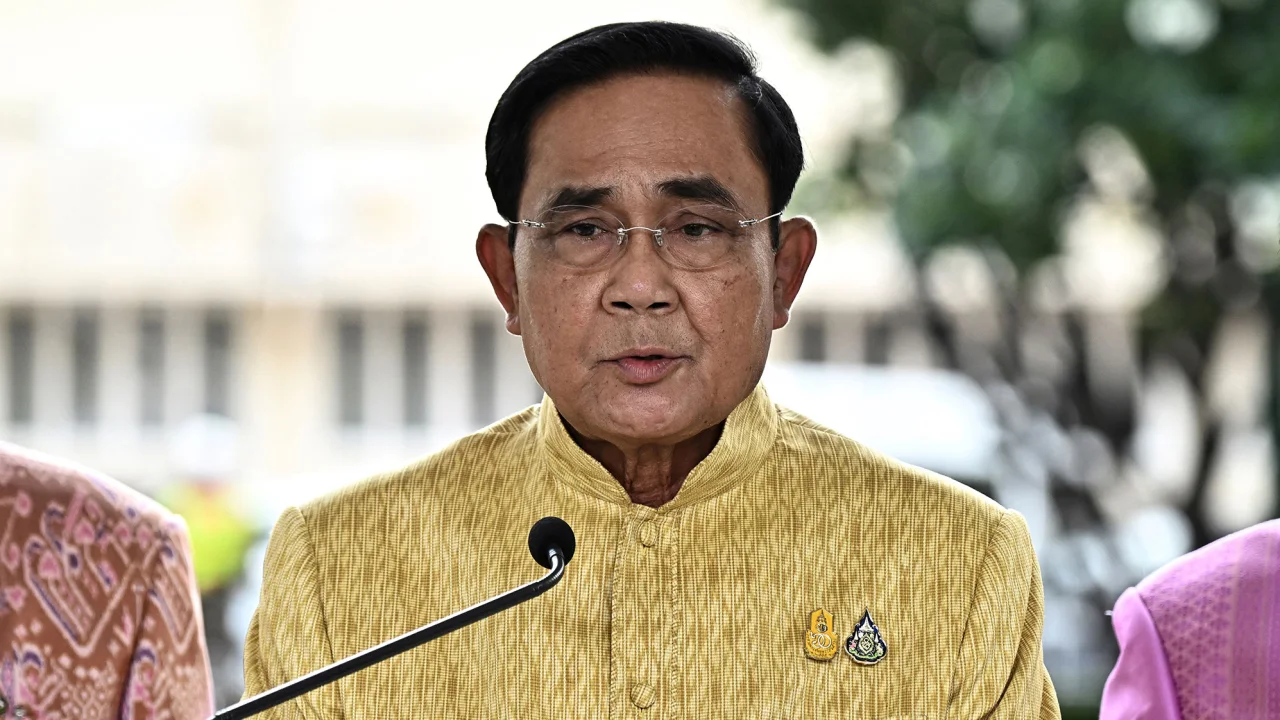Thai Prime Minister, Prayut, who has ruled Thailand since 2014, faces growing criticism for growing authoritarianism, inequality and mismanagement of the COVID-19 pandemic and the economy.
End of an era:
Prayut Chan-o-cha, a former army chief who seized power in a 2014 coup and declared himself prime minister, has held the reins of Thailand for nearly a decade . In 2019, his party’s coalition won the majority of seats in parliament, allowing him to stay in power with the support of the senate.However, the May elections saw a significant shift in the political landscape as Thai voters expressed their dissatisfaction with the military-backed establishment that has ruled the country for years.
Resounding rejection of military-backed government:
In May’s national elections, Thailand’s opposition parties garnered overwhelming support, reflecting a strong rebuke from the conservative cliques that dominated the political scene. The Move Forward party, particularly popular among young Thais for its progressive reform platform, emerged as the main party with the largest share of seats and the popular vote. The Pheu Thai party, a long-standing populist force, secured second place in the election results.
READ MORE: www.focopy.com
Thai Prime Minister Fade Support:
Given his party’s poor performance in the May elections, Prayut was not expected to garner enough support in the lower house to win another term as prime minister.His party’s victory with just 36 seats highlighted the decline in public support for his leadership.
Criticisms and requests for resignation:
During Prayut’s rule, his government faced growing criticism for its growing authoritarianism, growing inequality, and alleged suppression of civil liberties. Widespread protests erupted across the country in 2020, with young people demanding Prayut’s resignation over broken promises to restore democracy. The handling of the COVID-19 pandemic and economic challenges, nepotism and lack of transparency and accountability have further fueled calls for his departure.
Military Regime End Game:
Chulalongkorn University political scientist Thitinan Pongsudhirak sees Prayut’s removal as the end of the military rule in power since the 2014 coup. He suggests that Prayut’s departure from politics is long overdue, given its lackluster military government in the first five years and subsequent elected government, established using a constitution organized by the military. Thailand experienced economic stagnation and political decline, which led to a decline in its international reputation during this period.
A boost to supporters of democracy:
Thitinan thinks Prayut’s withdrawal can be seen as a boost for democracy advocates in Thailand. His departure from the political arena could strengthen the position of Move Forward leader Pita Limjaroenrat and increase his chances of forming a post-election government.The Progressive Party, with its strong reformist stance, is likely to seize the opportunity to uphold democratic values and respond to pressing concerns raised by the public.
Conclusion:
Thai Prime Minister Prayut Chan-o-cha’s decision to retire from politics marks the end of his nearly nine-year reign marked by growing authoritarianism and public discontent. The May elections showed rejection of the military-backed government and a significant shift in political dynamics. With Prayut gone, democracy advocates hope for a new chapter in Thai politics, where the focus will be on restoring democratic values, resolving economic challenges and promoting transparency and accountability in politics. governance.
